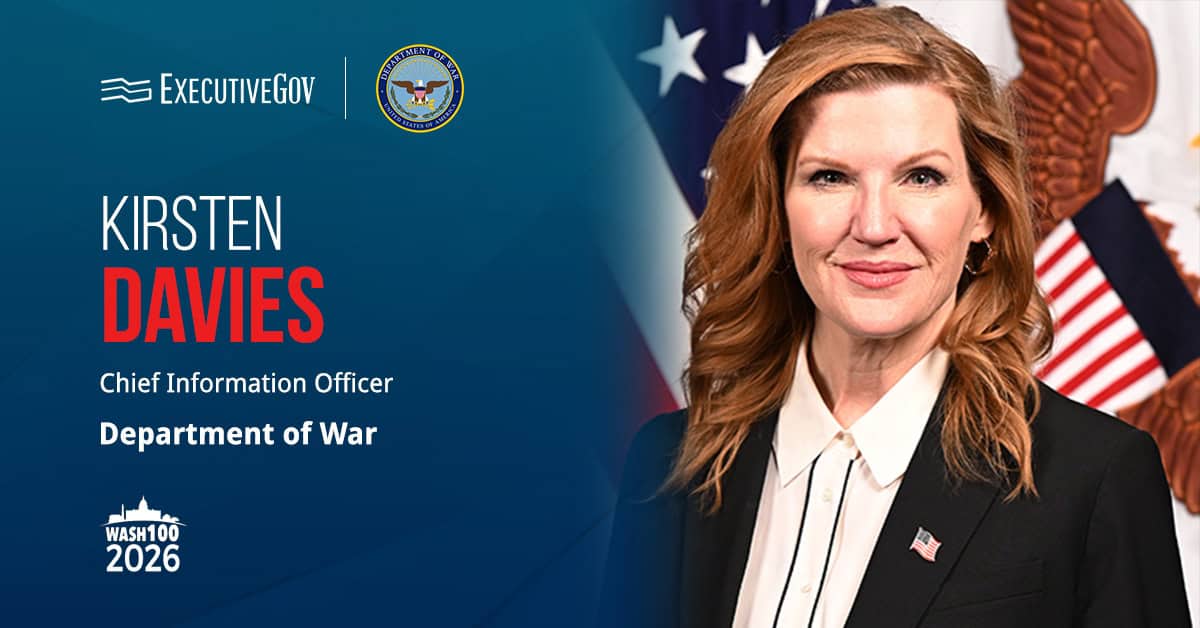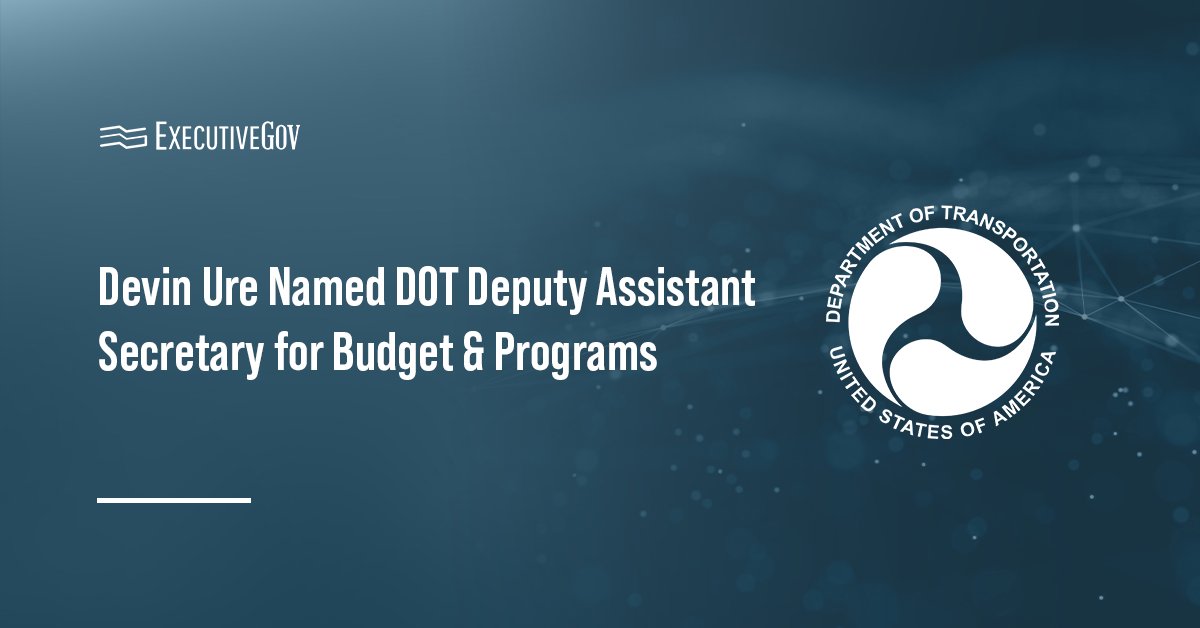
The Department of Homeland Security is using emerging technologies in efforts to address the COVID-19 pandemic, Nextgov reported Monday.
DHS’ National Biosurveillance Integration Center has applied data analysis technologies to biosurveillance operations amid the coronavirus outbreak.
Aaron Firoved, NBIC director, wrote to Nextgov on the center’s COVID-19-related technology implementations such as the Biofeeds open-source tool that facilitates data analysis via machine learning and automation.
Biofeeds has helped biosurveillance personnel identify useable data from a global pool of sources, the director noted.
“This tool enables NBIC analysts to readily search for information on new and ongoing global biological events and, as they continue to use Biofeeds, that information is fed back into the system’s machine learning processes to improve the automatic detection of biothreats,” he said.





